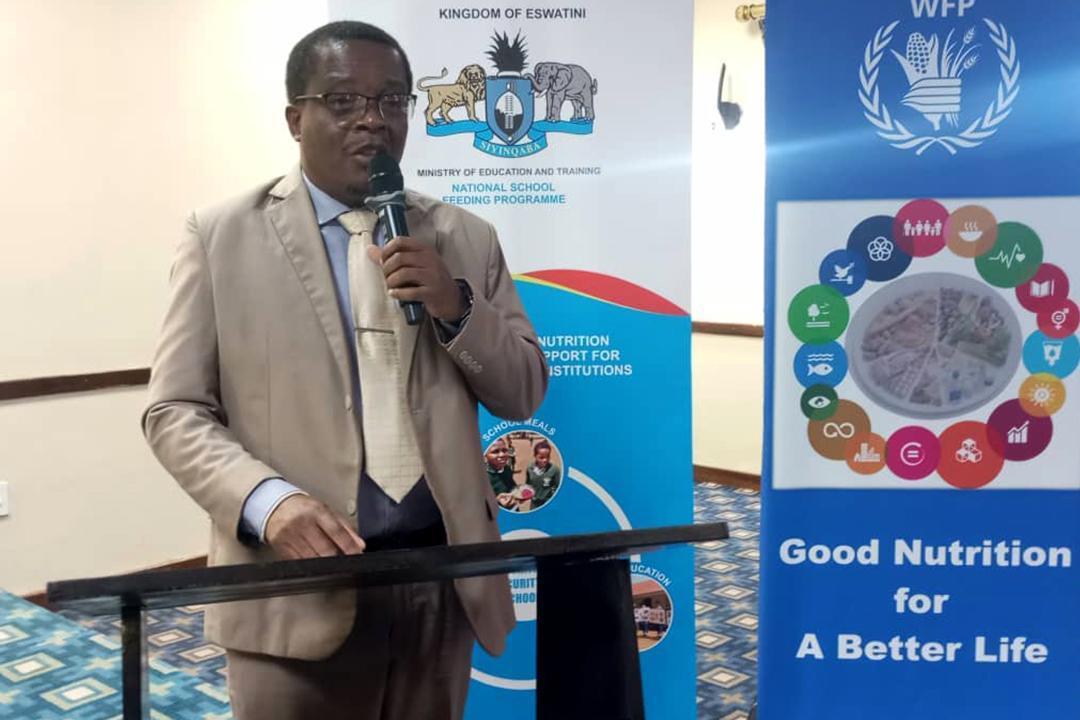Africa-Press – Eswatini. The Ministry of Education and Training has reaffirmed its commitment to strengthening Eswatini’s school feeding programme, with a clear message: no child should be limited by hunger.
This was said by Principal Secretary Naniki Mnisi, whose remarks were delivered by Under Secretary Lungelo Nhlengetfwa during the official opening of the SABER School Feeding (SABER-SF) National Workshop at The George Hotel on Tuesday.
Mnisi described the two-day workshop as a “powerful step toward ensuring that every child attending our schools receives the nourishment they need to learn, thrive, and reach their full potential.”
She noted that the gathering follows months of detailed groundwork, including stakeholder consultations, desk reviews, and expert interviews aimed at improving the national school feeding strategy.
“This collective effort testifies to our steadfast commitment to forging a more equitable and resilient education system,” she said.
The workshop, supported by the World Food Programme (WFP), brings together government officials, UN agencies, teachers’ unions, civil society, and education experts to strengthen Eswatini’s approach to school feeding under the Systems Approach for Better Education Results (SABER) framework.
Mnisi urged participants to bring forward “constructive discussions, critical thinking, and innovative proposals” that would help improve school feeding policies and operations across the country.
During the same workshop, Senior Inspector for Nutrition Thobile Gamedze shared key updates on the National School Feeding Programme (NSFP), which currently supports over 340 000 learners across 921 public schools, including 582 primary and 339 secondary schools.
Gamedze said the programme is largely government-funded, through the Ministry’s recurrent budget and the Free Primary Education (FPE) Grant, with procurement led by NERCHA under the Public Procurement Act of 2011 and regulated by ESPPRA.
“Our goal is not only to feed learners but to ensure they can concentrate, perform, and complete their education,” she said, noting visible improvements in school attendance and academic performance linked to the programme.
The Ministry, through this workshop, hopes to gather insights that will inform future policies and action plans to expand and sustain school feeding efforts in Eswatini.
“As we continue this work together,” Mnisi concluded, “let us shape a better future for our children.”
For More News And Analysis About Eswatini Follow Africa-Press







